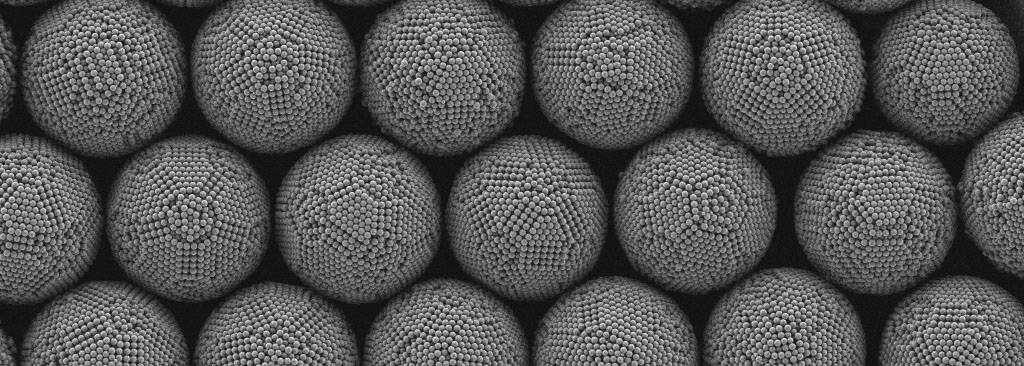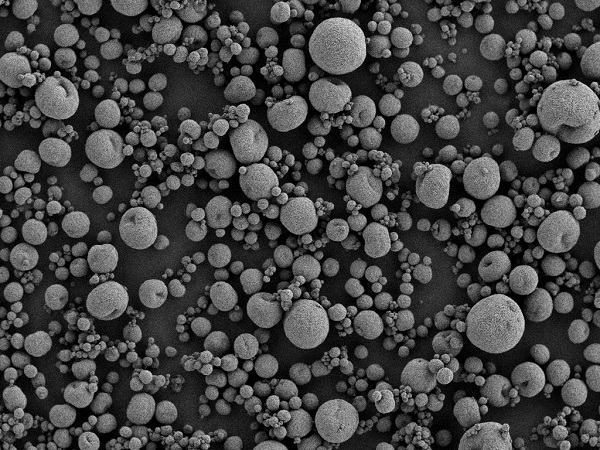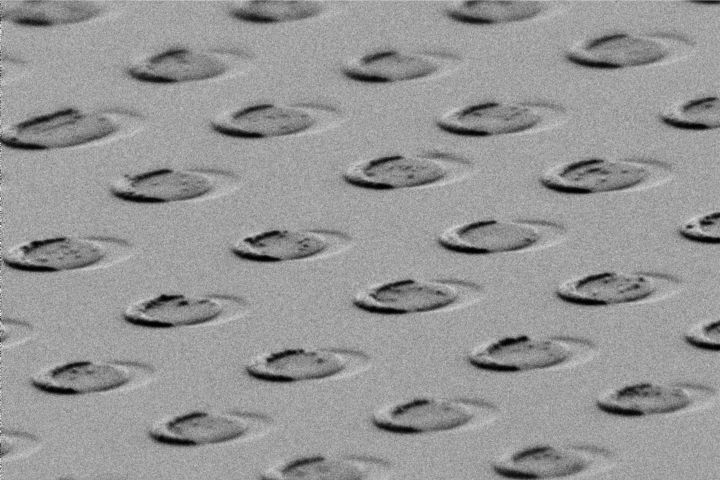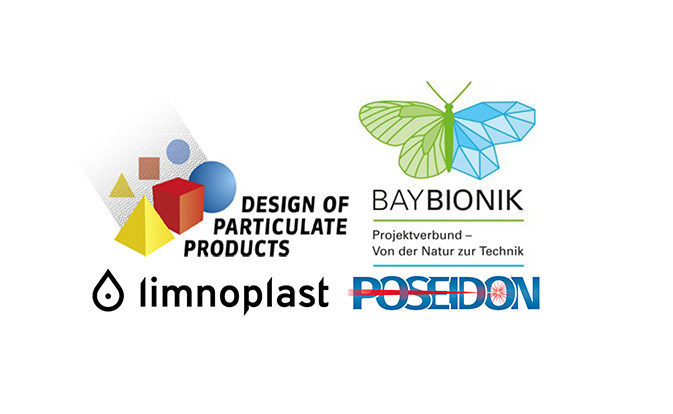Research in Vogel Lab
Research in the self-assembled materials group gravitates around the self-organization of colloidal particles. We seek a fundamental understanding of self-assembly processes to create defined nanostructured materials and surfaces. In a bioinspired approach, we mimic the emergence of functional properties in materials arising from such structural motifs at the nano- and microscale.

Confined Self-Assembly
The assembly of colloidal particles in the confinement of an emulsion droplet is a simple yet complicated process as interaction forces, interfacial properties, jamming and frustration all play critical roles in the crystallization process. We seek to fundamentally understand the crystallization mechanism and to control the resulting morphology of such assembly structures.

Supraparticles
Supraparticles are defined aggregates composed of small building blocks known as primary particles. They are not only useful tools to systematically explore structure-property relations, but can exhibit emergent properties not found in the individual primary particles. In our lab, we explore scalable fabrication processes and apply supraparticles wherever defined particle systems can provide enhance properties and performance.
Learn More …

Structural Coloration
The natural world is a colorful environment. Whether for camouflage, signalling or mating, many animals and plants have aquired flamboyant coloration. Often, these beautiful colors are not caused by simple pigments but arise by the interference effects of light waves interacting with defined nano- and microstructures. We are fascinated by these colors, aim to understand their physical origins and replicate them in synthetic materials using self-assembly approaches.

Particles at Interfaces
Colloidal particles strongly adsorb to liquid interfaces, which provides an ideal two-dimensional confinement for the investigation of self-assembly processes. We correlate the interfacial properties and morphology of colloidal particles and soft microgels with their self-assembly and phase behaviour. We use this fundamental understanding of interfacial self-assembly to control the order and symmetry in colloidal monolayers

Nanostructures from Colloidal Assemblies
Creating surface patterns at nanoscale is a key step for different scientific and technological objectives. We apply colloidal monolayers as templates and masks to create optically, mechanically and biologically active substrates. This colloidal lithography approach allows for the preparation of high quality surface pattern over macroscopic dimensions. Our current focus is the design of plasmonic materials with tailored light-matter interactions.

Wetting and Repellency
The interaction of liquid with solid surfaces plays a critical role in many applications, from the design of repellent surfaces to the understanding of liquid penetration into porous systems. The key strategy to control the wetting properties is to chemically modify the underlying surface, depending on the targeted application either to enhance the affinity of the liquid, or to minimize it. In our group, we take advantage of surface functionalization and the introduction of surface topographies to design repellent surface coatings and design colorimetric sensors operating by control of wettability.

Collaborative Research Projects
We are part of different research national and international research consortia.